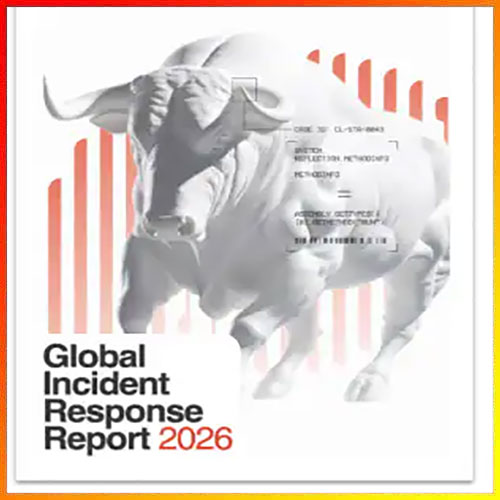
Researchers at Mount Sinai have developed a ground-breaking artificial intelligence tool—Viz HCM—that can predict the risk of hypertrophic cardiomyopathy (HCM), a potentially life-threatening heart condition.
The findings, published in NEJM AI, highlight the tool’s ability to deliver personalized risk scores that can help clinicians detect hypertrophic cardiomyopathy (HCM) earlier than traditional methods allow.
HCM is a genetic disorder that causes abnormal thickening of the heart muscle, which can lead to heart failure, arrhythmias, or sudden cardiac death.
It affects approximately 1 in 200 individuals globally, and many cases remain undiagnosed until symptoms become severe or complications arise.
Viz HCM uses advanced machine learning algorithms to analyze patient data and identify subtle patterns associated with the onset of the condition.
By producing individualized risk assessments, the AI tool enables more precise and timely clinical decisions—potentially improving outcomes through earlier diagnosis and intervention.
Crucially, Viz HCM has received clearance from the U.S. Food and Drug Administration, underscoring its clinical reliability and safety.
The algorithm is designed to integrate seamlessly into existing diagnostic workflows, helping healthcare providers screen at-risk individuals more efficiently and reduce the chances of missed or delayed diagnoses.
Mount Sinai’s study demonstrates how AI can not only support physicians in identifying high-risk patients but also advance the broader field of predictive cardiology.
With its ability to proactively flag early signs of HCM, Viz HCM represents a significant step forward in using technology to combat serious cardiac diseases.
See What’s Next in Tech With the Fast Forward Newsletter
Tweets From @varindiamag
Nothing to see here - yet
When they Tweet, their Tweets will show up here.





























